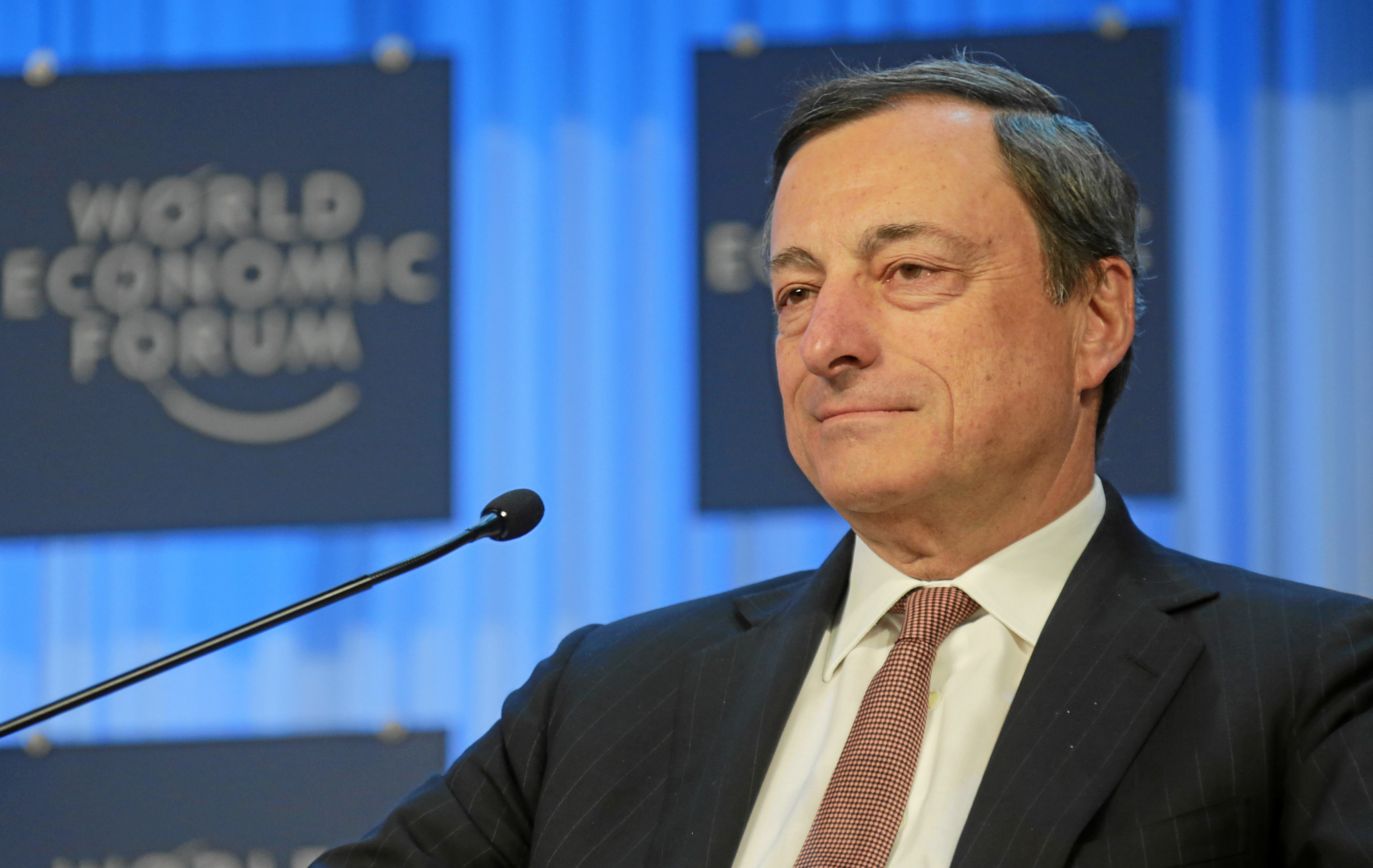The European Central Bank, following a meeting on Thursday, announced the resumption of its asset purchase program with an indefinite term. The ECB also took the deposit rate even further to the “negative territory”, reducing it from minus 0.4% to minus 0.5%. The other two main rates are unchanged. Refinancing is at zero level, emergency lending is 0.25%. These rates will remain the same until the ECB sees "a confident approach of inflation to a 2% benchmark."
The regulator also announced that the repurchase of assets in the amount of € 20 billion monthly will resume monthly from November 1 of this year. Unlike previous programs, no end date has been set for this. The ECB only says that the program will end shortly before the start of the rate hike.
“We have enough space to continue quantitative easing over a fairly long period of time - in such a rhythm and without the need to start discussions about limits,” explained Mario Draghi.
The ECB has also softened the terms of targeted long-term refinancing operations for banks and announced that it will introduce a multi-level deposit rate to support lenders.
Recall that the previous quantitative easing program lasted from January 2015 to December 2018. During this time the bank bought bonds worth a total of € 2.6 trillion. These funds (upon repayment of bonds) are planned to be reinvested by the ECB “for a long period after the start of the increase in the key rate”.
The decision to further weaken monetary policy is explained by another decrease in forecasts for the euro area. Now the ECB is waiting for growth to slow down to 1.1% in 2019 and to 1.2% in 2020 (against 1.2% and 1.4%, expected back in June). The inflation forecast is also reduced: for this year from 1.3% to 1.2%, for the next - from 1.4% to 1%.
source: ft.com
The regulator also announced that the repurchase of assets in the amount of € 20 billion monthly will resume monthly from November 1 of this year. Unlike previous programs, no end date has been set for this. The ECB only says that the program will end shortly before the start of the rate hike.
“We have enough space to continue quantitative easing over a fairly long period of time - in such a rhythm and without the need to start discussions about limits,” explained Mario Draghi.
The ECB has also softened the terms of targeted long-term refinancing operations for banks and announced that it will introduce a multi-level deposit rate to support lenders.
Recall that the previous quantitative easing program lasted from January 2015 to December 2018. During this time the bank bought bonds worth a total of € 2.6 trillion. These funds (upon repayment of bonds) are planned to be reinvested by the ECB “for a long period after the start of the increase in the key rate”.
The decision to further weaken monetary policy is explained by another decrease in forecasts for the euro area. Now the ECB is waiting for growth to slow down to 1.1% in 2019 and to 1.2% in 2020 (against 1.2% and 1.4%, expected back in June). The inflation forecast is also reduced: for this year from 1.3% to 1.2%, for the next - from 1.4% to 1%.
source: ft.com





